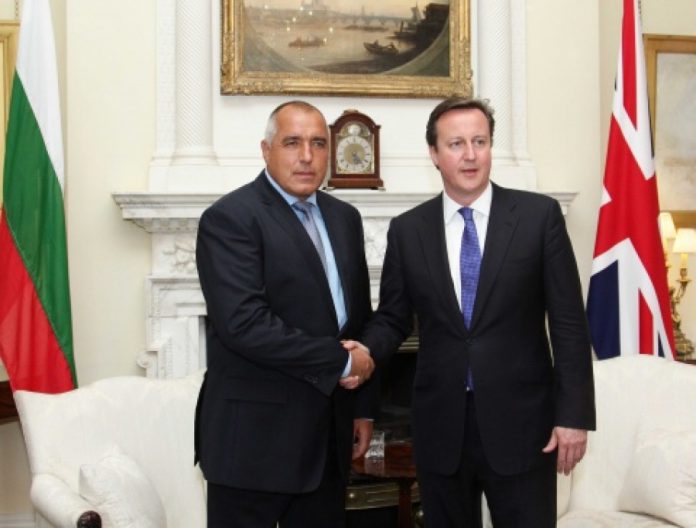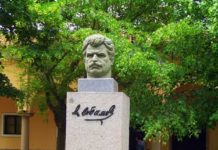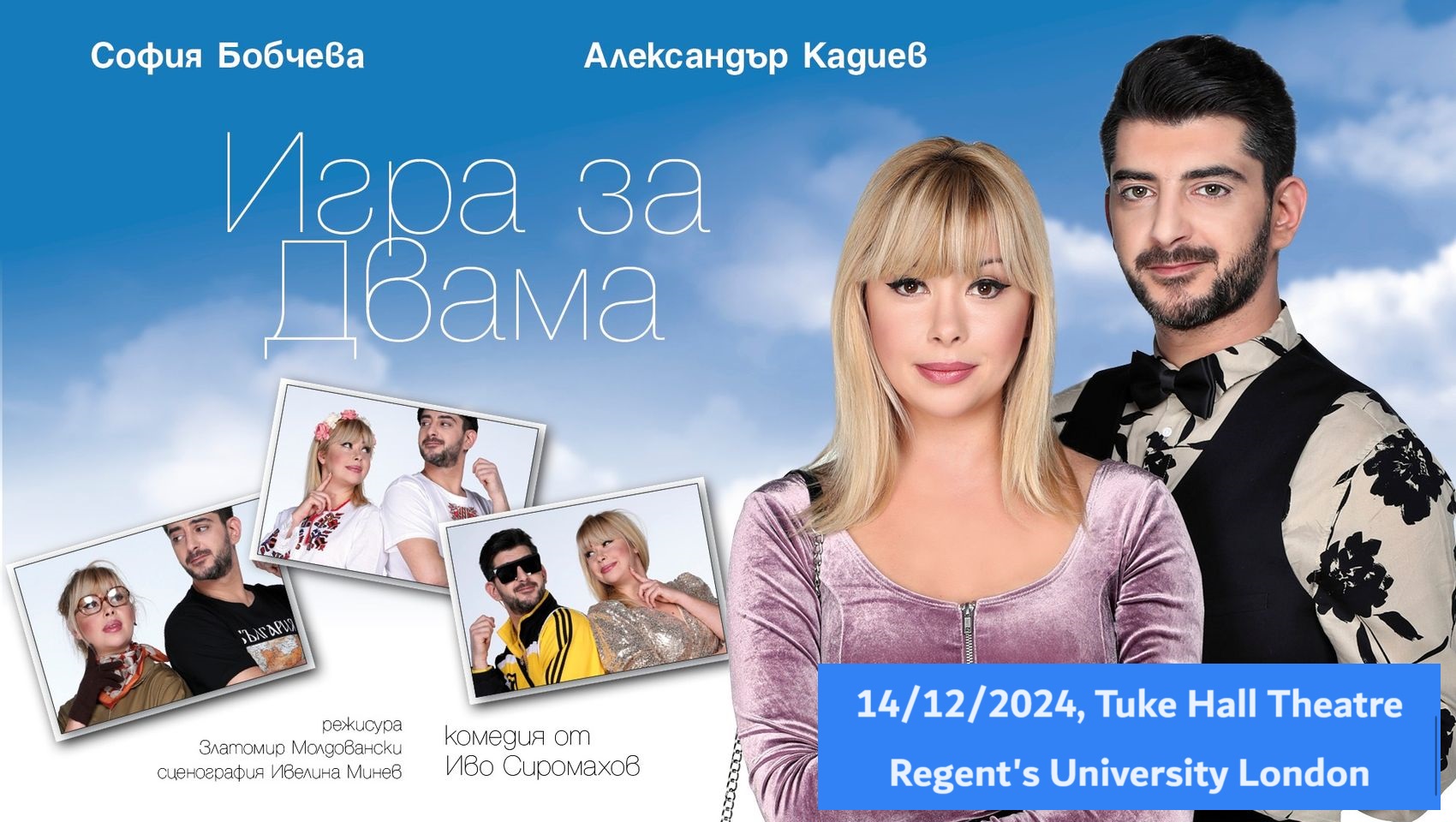By Rumyana Vakarelska
The British Prime Minister David Cameron is on his first visit to Bulgaria to discuss border security, the Syrian refugee crisis and the UK’s conditions for EU reform, ahead of Britain’s EU membership referendum, expected to take place by 2017.
David Cameron flew to Bulgaria just hours after a difficult decision was taken in the UK Parliament for the UK’s participation in an international alliance of at least eight countries to bomb IS targets in Syria. Part of the UK’s Conservative Party, known as Eurosceptics, have drawn a number of conditions before David Cameron for the UK to stay in the EU, which the UK’s PM is now negotiating, visiting EU capitals to look for support for his party’s EU reform agenda. He is planning to send formal letters to all EU prime ministers with the UK’s renegotiation demands on Monday, 7 December.
This is also the first visit of a UK PM in Bulgaria since 1999, when Tony Blair came to Sofia, while Boyko Borissov has visited the UK a few times during his two previous terms as a PM .
“I do not expect to get support on UK’s EU reform at the next EU Council on 17 December in Brussels, as our demands are fundamental, legally binding and irreversible,” David Cameron said in Sofia.
“However, I appreciate the relations between the two countries, as they are very important for our common security,” he said. Cameron also praised Bulgaria’s efforts in protecting EU borders, fighting terrorism and in dealing with the Syrian refugee crisis and is expecting close collaboration between the two countries in these areas.
The two leaders agreed closer co-operation in all the above areas, but David Cameron’s demands to cut in-work benefits for EU citizens in the first four years after their arrival to the UK may remain a red line across EU capitals, as it violates the EU’s principles of free movement of people. This demand is a result of the growing immigration numbers to the UK, less than half of which come from the EU, but many assume that EU citizens who are recent arrivals to the UK are the key beneficiaries.
The other misconception in London is that UK is left on its own to push forward EU reform, while quite a few changes have recently sprung out from across the EU along the normal legislative process in the European Parliament with many Central European countries rejecting Schengen due to the Syrian refugee crisis. Meanwhile, the Danes have just completed a referendum on security opt-outs and voted ‘No’ to closer ties with Brussels despite the high state of security across the EU.
Another important fact in the UK’s EU debate is that at the latest Comprehensive Spending Review two weeks ago, based on figures from the Office of Budgetary Responsibility, UK Chancellor George Osborne reported before the Commons a surplus of close to 3 billion pounds, which has allowed him to keep the much debated tax credits for those in work. These are aimed at people who earn, but below a certain level per household.
This surplus has been attributed to the EU’s immigration to the UK, whereby most EU citizens come to the UK to work and do not claim any benefits. Under these circumstances and with the common security threat to EU, which requires extra funding in all EU budgets, yet to be assessed, this demand seems to be untimely, especially when the number of EU citizens living in the UK is the same as the number of UK citizens living elsewhere in the EU, with roughly 2 million people either way.
So, according to the Autumn Statement, the controversial tax credit system still exists for UK nationals, due to the contribution made to the UK’s budget by the EU’s newcomers, but is now considered to be outdated and unfair due to the complex conditions under which it is granted.
In addition, there is no clear comparison between the EU countries’ social systems, so the reciprocity in using them by migrants seem to remain conditional due to the differences among most countries.
In response to Mr Cameron’s statement, Boyko Borissov said that “while the EU’s cohesion and integration funds are beneficial for the EU’s competition and is helping poorer countries to catch up, social funds for richer countries should not be drained.”
For now, it is not clear which of the UK’s EU reform demands Borissov might support, but Bulgarians living in the UK are likely to expect him to take the same position as most of the EU countries, especially the CEE countries and oppose this demand to preserve the EU’s principles of free movement. Bulgarians abroad are also the consistent biggest FDI net contributor to Bulgaria with about BGN 2 billion ( EUR 1 billion) a year to the country’s economy, so this demand will remain equally controversial across Europe.
Mr Cameron expects EU countries to respond to his EU reform demands by February 2016, while the date for the UK’s referendum on EU membership keeps moving from June 2016 to September this year, as the current most favourable dates.
During his visit to Bulgaria, David Cameron will also visit the Bulgarian border with Turkey and the Bulgarian Black Sea Coast, following Boyko Borisov’s suggestion on the matter. “Many do not know that Bulgaria’s border with Turkey by land and sea is longer than the one between Greece and Turkey.”
“I think that seeing the physical environment in which we protect our borders, as well as EU’s borders is a beneficial lesson in geography.”
David Cameron has also met the Bulgarian President Rossen Plevneliev, who took him to the Sofia Tech park.
It seems that post the Paris attacks, EU citizens’ priorities might have moved on, as UK polls on the UK’s EU membership seem to be conditional on the EU’s border security rather than EU migration, where both Bulgaria and the UK have made significant contributions to, although of different kinds.
(c) Copyright Rumyana Vakarelska, Editor-in-chief, Team New Europe, UK political Action-Tank





















